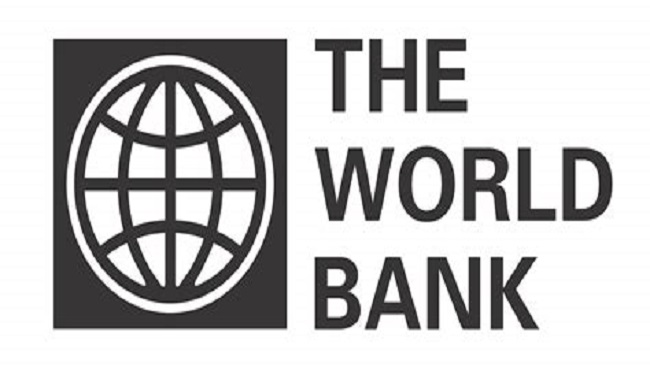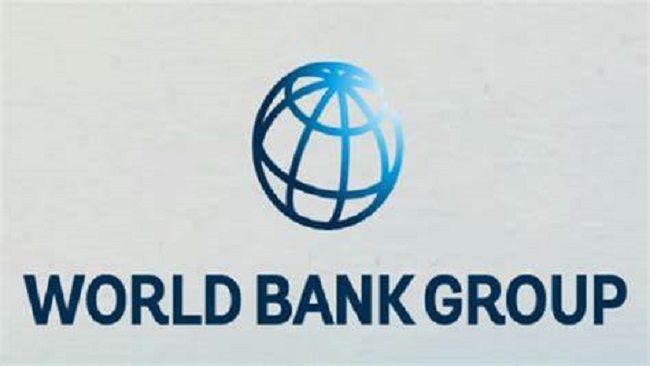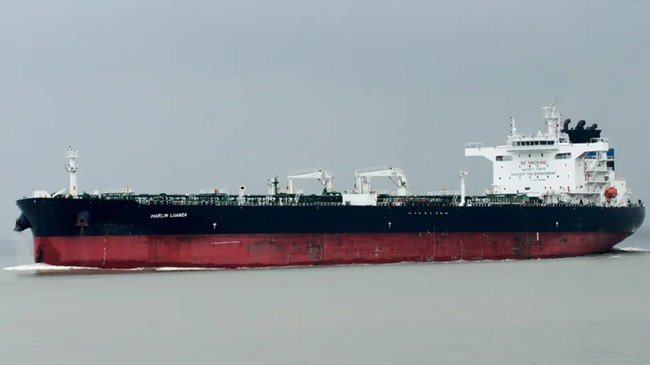2, February 2025
Canada and Mexico hit back as Trump tariffs trigger trade war between allies 0
US President Donald Trump on Saturday signed an order to impose stiff tariffs on imports from Mexico, Canada and China, drawing swift retaliation and an undeniable sense of betrayal from the country’s North American neighbors as a trade war erupted among the longtime allies.
The Republican president posted on social media that the tariffs were necessary “to protect Americans,” pressing the three nations to do more to curb the manufacture and export of illicit fentanyl and for Canada and Mexico to reduce illegal immigration into the US.
The tariffs, if sustained, could cause inflation to significantly worsen, threatening the trust that many voters placed in Trump to lower the prices of groceries, gasoline, housing, autos and other goods as he promised. They also risked throwing the global economy and Trump’s political mandate into turmoil just two weeks into his second term.
Trump declared an economic emergency in order to place duties of 10% on all imports from China and 25% on imports from Mexico and Canada. Energy imported from Canada, including oil, natural gas and electricity, would be taxed at a 10% rate. Trump’s order includes a mechanism to escalate the rates charged by the US against retaliation by the other countries, raising the specter of an even more severe economic disruption.
“The actions taken today by the White House split us apart instead of bringing us together,” Canadian Prime Minister Justin Trudeau said in a somber tone as he announced that his country would put matching 25% tariffs on up to $155 billion in US imports, including alcohol and fruit.
He channeled the betrayal that many Canadians are feeling, reminding Americans that Canadian troops fought alongside them in Afghanistan and helped respond to myriad crises from wildfires in California to Hurricane Katrina.
“We were always there standing with you, grieving with you, the American people,” he said.
Mexico’s president also ordered retaliatory tariffs. China did not immediately respond to Trump’s action.
“We categorically reject the White House’s slander that the Mexican government has alliances with criminal organizations, as well as any intention of meddling in our territory,” Mexican President Claudia Sheinbaum wrote in a post on X while saying she had instructed her economy secretary to implement a response that includes retaliatory tariffs and other measures in defense of Mexico’s interests.
“If the United States government and its agencies wanted to address the serious fentanyl consumption in their country, they could fight the sale of drugs on the streets of their major cities, which they don’t do and the laundering of money that this illegal activity generates that has done so much harm to its population.”
Source: France 24
























5, March 2025
China targets 5% growth as it reels from Trump tariffs 0
China has set an economic growth target for this year of “around 5%” and pledged to pump billions of dollars into its ailing economy, which is now facing a trade war with the US.
Its leaders unveiled the plan as thousands of delegates attend the National People’s Congress, a rubber-stamp parliament, which passes decisions already made behind closed doors.
But the week-long gathering is closely watched for clues on Beijing’s policy changes – and this year is more significant than most.
President Xi Jinping had already been battling persistently low consumption, a property crisis and unemployment, before Donald Trump’s new 10% levy on Chinese imports came into effect on Tuesday.
Source: BBC